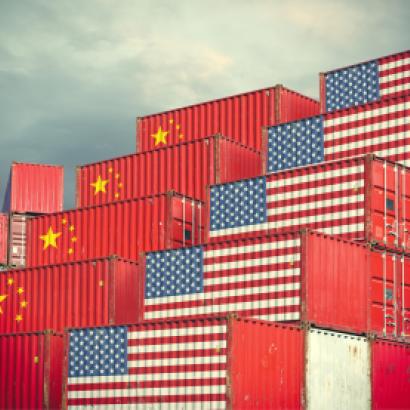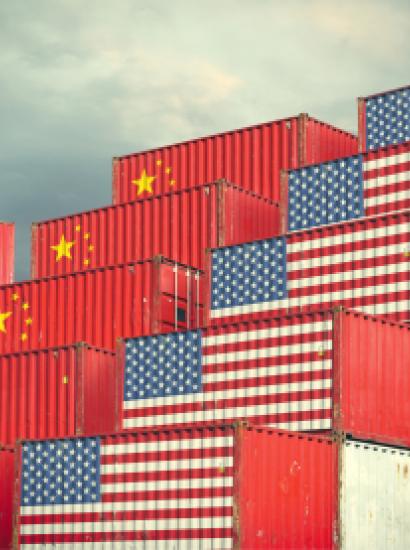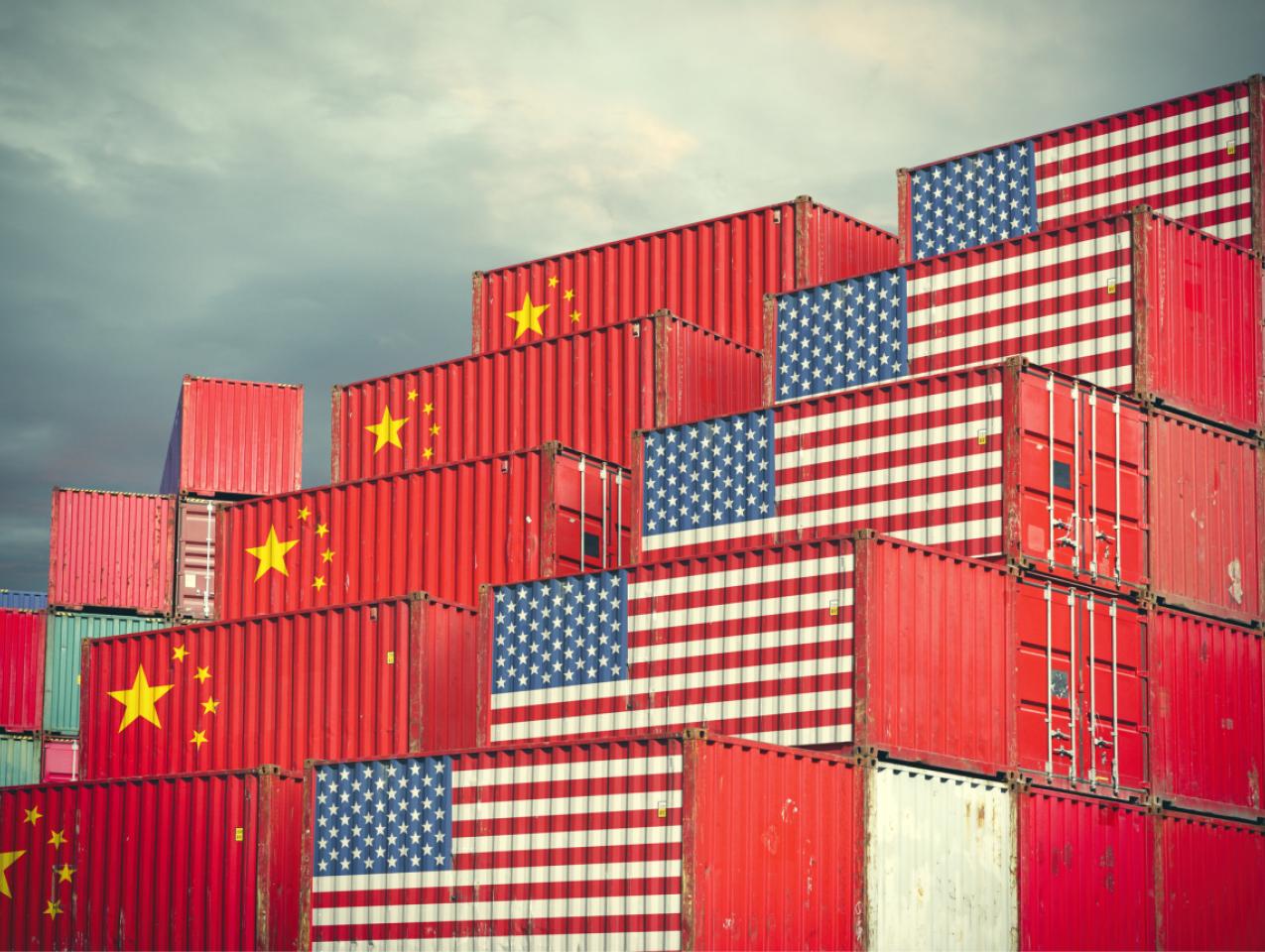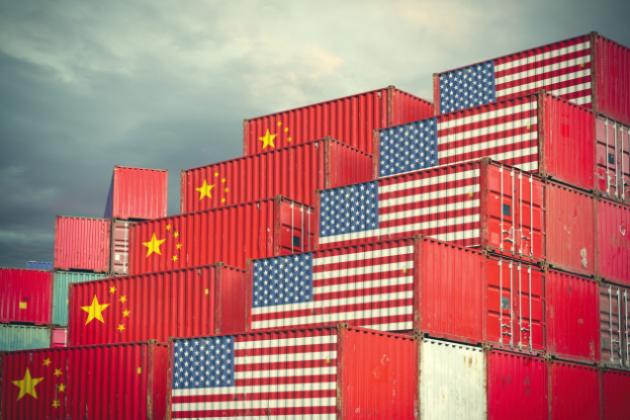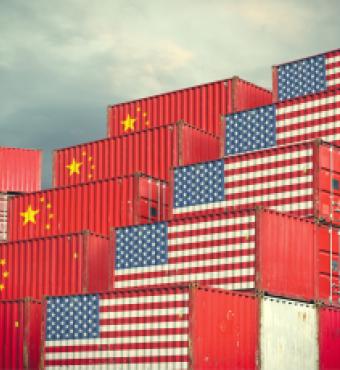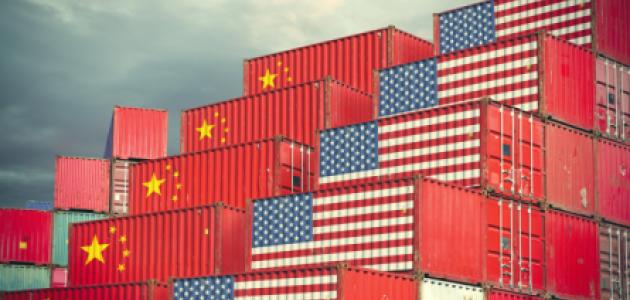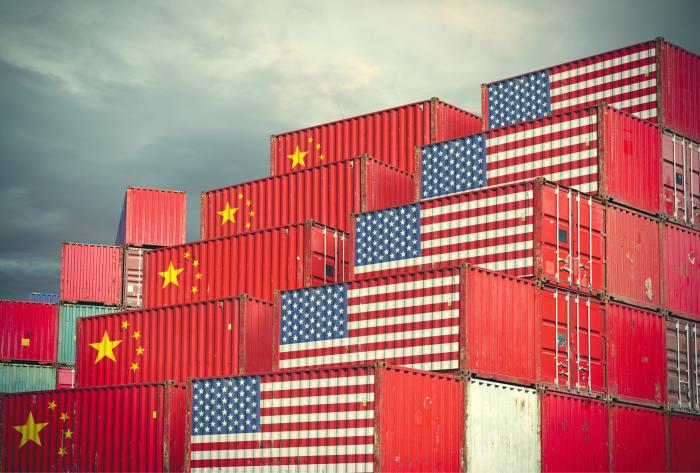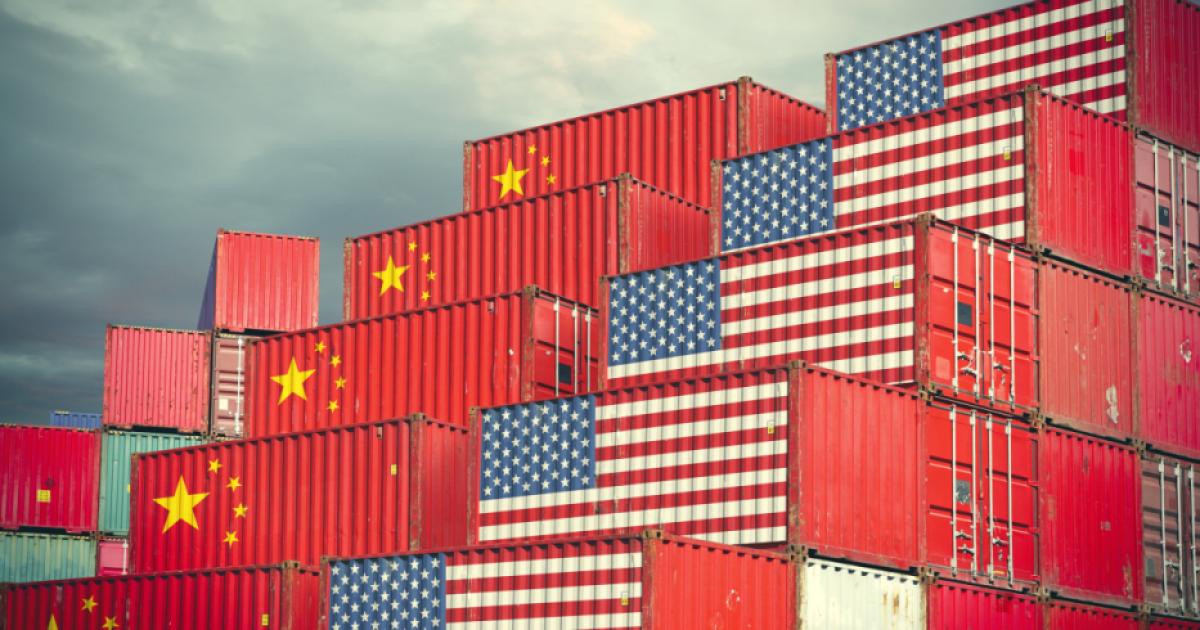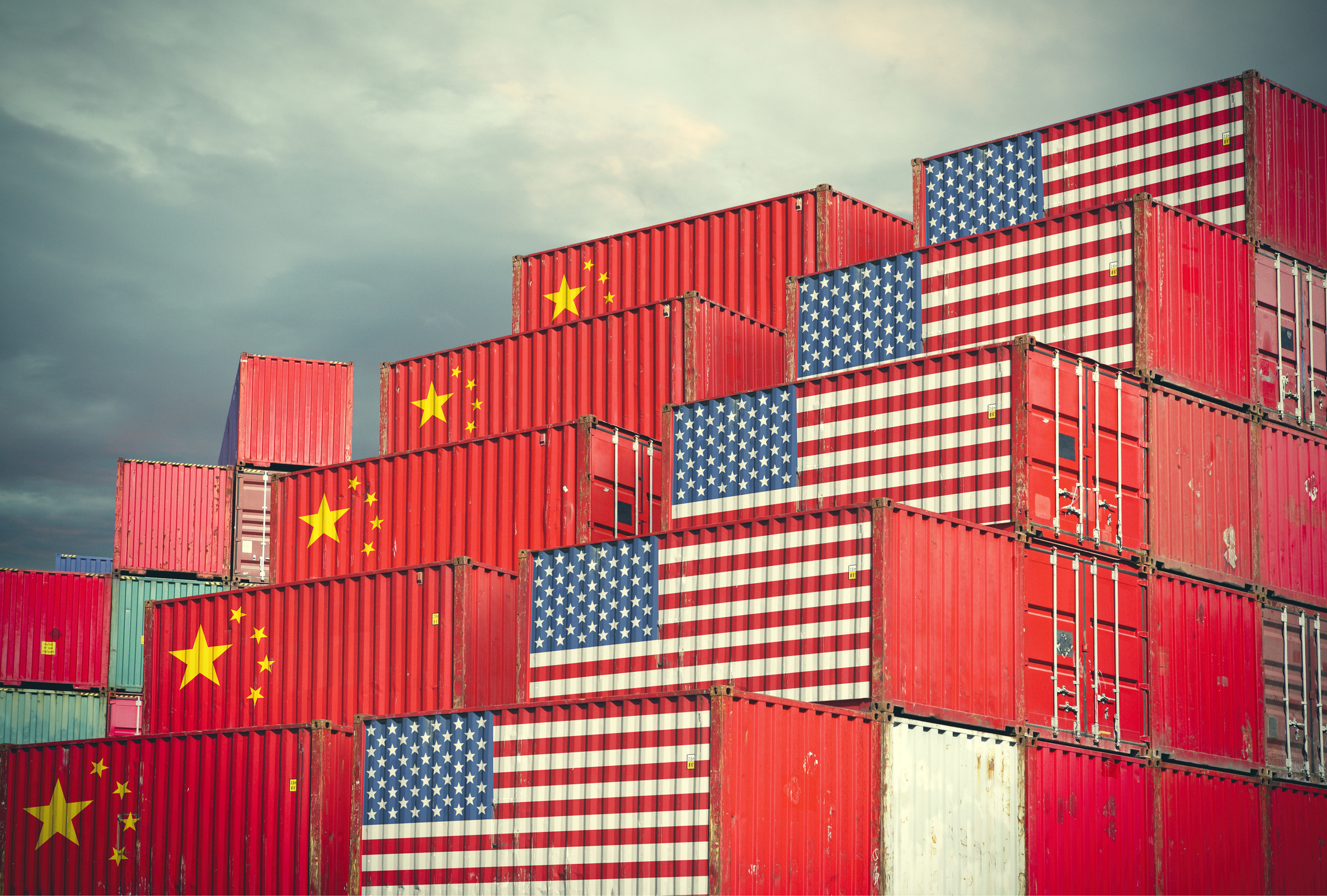
Rather than wage a trade war against China, the United States should join other countries to pressure China to open its markets and stop its theft of intellectual property, says Lee Ohanian, an economist at the Hoover Institution.
Tariffs are not wise economic policy, and on top of this, total federal revenue may decline as a consequence of increasing tariffs, he added. Ohanian studies and writes about economic crises, economic growth, and public policy. He is the coeditor of Government Policies and the Delayed Economic Recovery (Hoover Institution Press, 2012).
Ohanian was recently interviewed about trade and tariff policies:
What is a tariff and who pays it?
A tariff, also called an import duty, is a tax on imports from another sovereign country. Tariffs are typically expressed as a percentage of the price of the imported good, much like a sales tax. Tariffs raise the cost of imports, and these higher costs are ultimately born by consumers.
In the 1800s and early 1900s, tariffs were the primary source of federal tax revenue, largely because they were relatively easy to collect. During this time, the average tariff on a US import was as high as 60 percent. However, tariff rates have declined considerably over time and now average around 2 percent in the United States and in much of Europe. There are exceptions to these low average rates, however. Do you wonder why you see so few imported light trucks, such as pickup trucks, on our roads? This is because imported trucks face a 25 percent tariff coming into the United States.
Will the new US tariffs generate a large increase in federal revenue?
The federal government estimates that increased tariff rates will increase federal revenue by about $4 billion, which is about one tenth of 1 percent of total federal tax revenue. However, this does not take into consideration the reduced tax revenues resulting from lower economic activity caused by the higher tariffs. Economists generally agree that tariffs are a very inefficient method of raising tax revenue, so it may be the case that total federal revenue may decline as a consequence of increased tariffs.
The impact of tariffs have changed over time, reflecting today’s very complex production chains. Today, a good can cross borders as many as eight times before it is purchased by its final consumer, as different countries are involved with different stages of a good’s production. In this example, the impact of tariffs would rapidly accumulate as the product crosses borders time and again, making the final price of the good very expensive.
Why does the United States seek to pressure China into changing its trading practices?
President Trump wants China to further open their markets to US exports. He also wants to stop theft of US intellectual property by the Chinese. The president and his advisers argue that this theft is substantial, that it has been occurring for many years, and is a major source of technological information to China.
In January of this year, a Beijing-based wind turbine company was found guilty in the United States of stealing trade secrets, using secretly downloaded source code stolen from a Massachusetts company. The value of the theft of US intellectual property is estimated to be about $500 billion per year, with most of this theft coming from China. In 2009, the National Security Agency director general Keith Alexander called Chinese IP theft “the greatest transfer of wealth in history.”
What will be the impact to the US economy, businesses, and workers if there’s a real US-China trade war?
There are no winners in a trade war. Tariffs drive up the costs of goods and services, which in turn harms consumers. Since the late 1940s, when many countries entered into GATT (General Agreement on Tariffs and Trade), tariff rates have declined enormously in most countries and international trade has grown substantially. Today, world trade is nearly $30 trillion per year. The average US household benefits by over $10,000 per year from international trade, reflecting a wider variety of goods and services and lower prices.
Some industries would suffer more than others in a trade war. For example, China is by far the number one destination for US-produced soybeans. But China’s recent 25 percent tariff on US soybeans has reduced the price by about 20 percent.
What concessions from China does the United States want?
The United States is asking China to reduce its trade barriers and stop pirating US intellectual property and cyber technology.
Any other points to address?
Rather than engage in a bilateral trade war with China, the United States could form a coalition with other advanced countries that also experience intellectual property theft in order to put pressure on China to stop intellectual property theft and open up their markets. This would have the benefit of keeping prices low for US consumers, while at the same time highlighting the fundamental problem with China’s business practices.
MEDIA CONTACTS:
Clifton B. Parker, Hoover Institution: 650-498-5204, cbparker@stanford.edu







